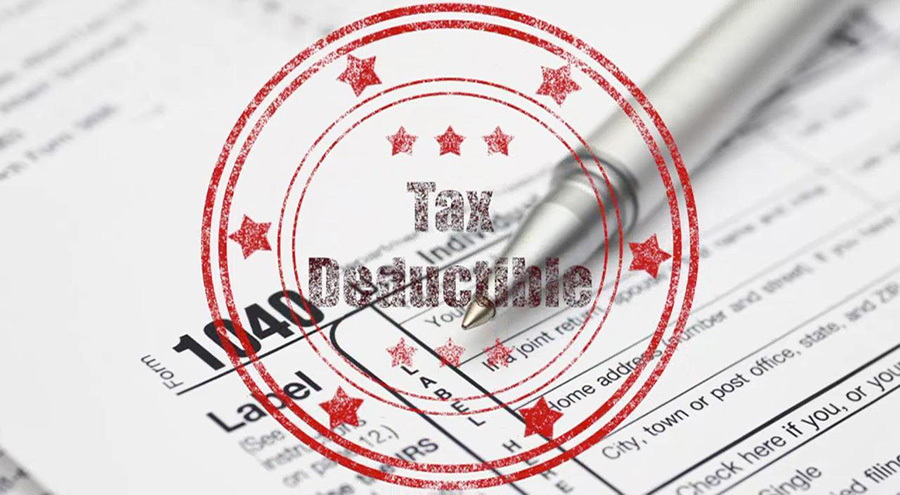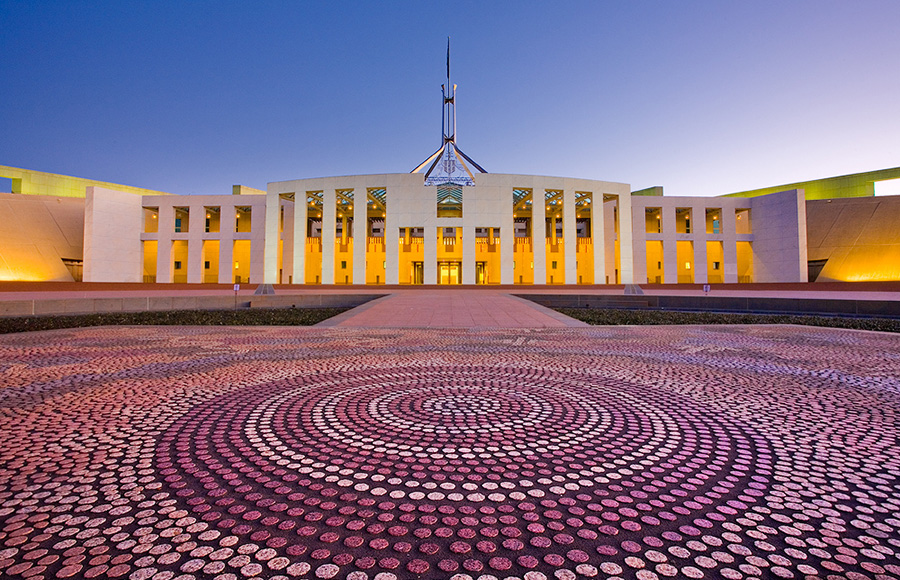Health and medical research enjoys strong public support because people recognise that health and medical research leads to safer, higher quality and more effective healthcare. Research Australia’s members work hard to contribute to an evidence-based healthcare system that is continually improving the healthcare delivered to patients. This is achieved through the development of new treatments based on scientific evidence which have been rigorously tested and evaluated to ensure they are safe and effective.
In doing so, our members have helped create the impression that all existing healthcare is evidence-based, safe and effective. When this is not the case, we have an obligation to ensure that people are aware that what they are receiving is not routine care, and to alert them to the associated risk and other matters they should consider. Research Australia’s submission to the Medical Board of Australia has called for clear and prominent consumer warnings to be provided when consumers are being offered complementary and unconventional medicine and emerging treatments by medical practitioners that aren’t part of a registered clinical trial.
Research Australia’s submission










